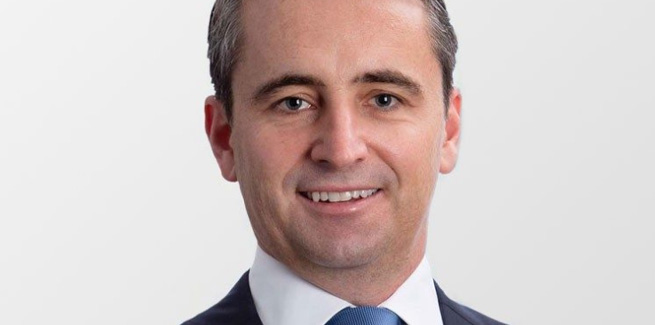The head of the big four bank, Matt Comyn, utilised his appearance before the House of Representatives’ standing committee on economics hearing last week to call for more regulation for the buy now, pay later (BNPL) sector.
The CEO put forward a case to regulate the sector after outlining that while the regulatory sandbox enables market entrants to test innovation products and concepts without requiring an Australian financial services or credit licence, some participants – for example Afterpay – were now large companies.
While CBA itself has launched that it will be offering its own BNPL product later this year (and recently launched a “no-interest” credit card, CommBank Neo), Mr Comyn suggested that BNPL players should be bound by similar rules to the banks.
Noting that the bank performs credit checks on those using its services and products, Mr Comyn said: “It’s not what we would be required to do, but we’ve elected to do so. Both in the context of undertaking your reasonable inquiries about a person’s financial situation and in terms of their income liabilities, any outstanding debts. And, often, this is used interchangeably with reporting to credit bureaus, understanding what existing facilities or debts may be outstanding.
“We don’t do that in a way that marks someone’s credit or gives them a negative impact on their overall credit standing. But we think it’s important, obviously, to act responsibly, even if the legislation currently wouldn’t require us to do so.”
When asked whether he would like to see all participants in the space conduct some kind of some form of credit check, Mr Comyn said: “Yes, I would. I don’t think it’s unreasonable, given the size of the market, the scale of individual players (and one instance being an ASX 20 company) to make an investment and understand their customers’ circumstances and financial position, to be able to report as appropriate to credit reporting agencies.
“I also think it’s appropriate for merchants or the businesses who are accepting buy now, pay later providers – who are effectively incurring costs of somewhere between 3-6 per cent – I think they should be entitled contractually to pass on some of those costs to the consumers who are incurring those costs for them.”
The CBA CEO continued: “A new piece of legislation, which I think is going to be a very important one going forward, is around consumer data. We’ve seen that roll out across an open banking, I think we’ll see that roll out across many industries. And some of these payments provider companies have enormous amounts of data that are not immediately obvious. It’s not obvious to me why they’re exempt from them.
“So, I would acknowledge their work and the innovation that they’ve undertaken to build – in some instances – such large and successful company and avoiding all of that regulation is quite a feat.
“I think they are beyond a point where... the legislative and regulatory framework that’s applied to that sector needs to be comprehensively reviewed.”
While the heads of the other three major banks were also asked about the BNPL market, none of the ANZ, NAB or Westpac CEOs took such a strong position.
Westpac CEO Peter King said he believed there was a “tipping point where, where people [BNPL companies] become large enough that they should be treated in the same way”.
He added: “Competition is good for the market in the long run. But there comes a point when you’ve got to treat people consistently and that’s what I understand the Reserve Bank’s looking at and their latest payments review.”
ANZ CEO Shayne Elliott shied away from being drawn on the matter, telling the committee: “I think the point is, what we’re asking for is equity. We’re asking for a level playing... And you’re right, it can be achieved in multiple ways, but then that’s for others to decide.”
He pointedly suggested that the purpose of the major bank CEOs appearing before the committee was “to answer questions, not to make demands”.
[Related: CBA to roll out BNPL offering]
